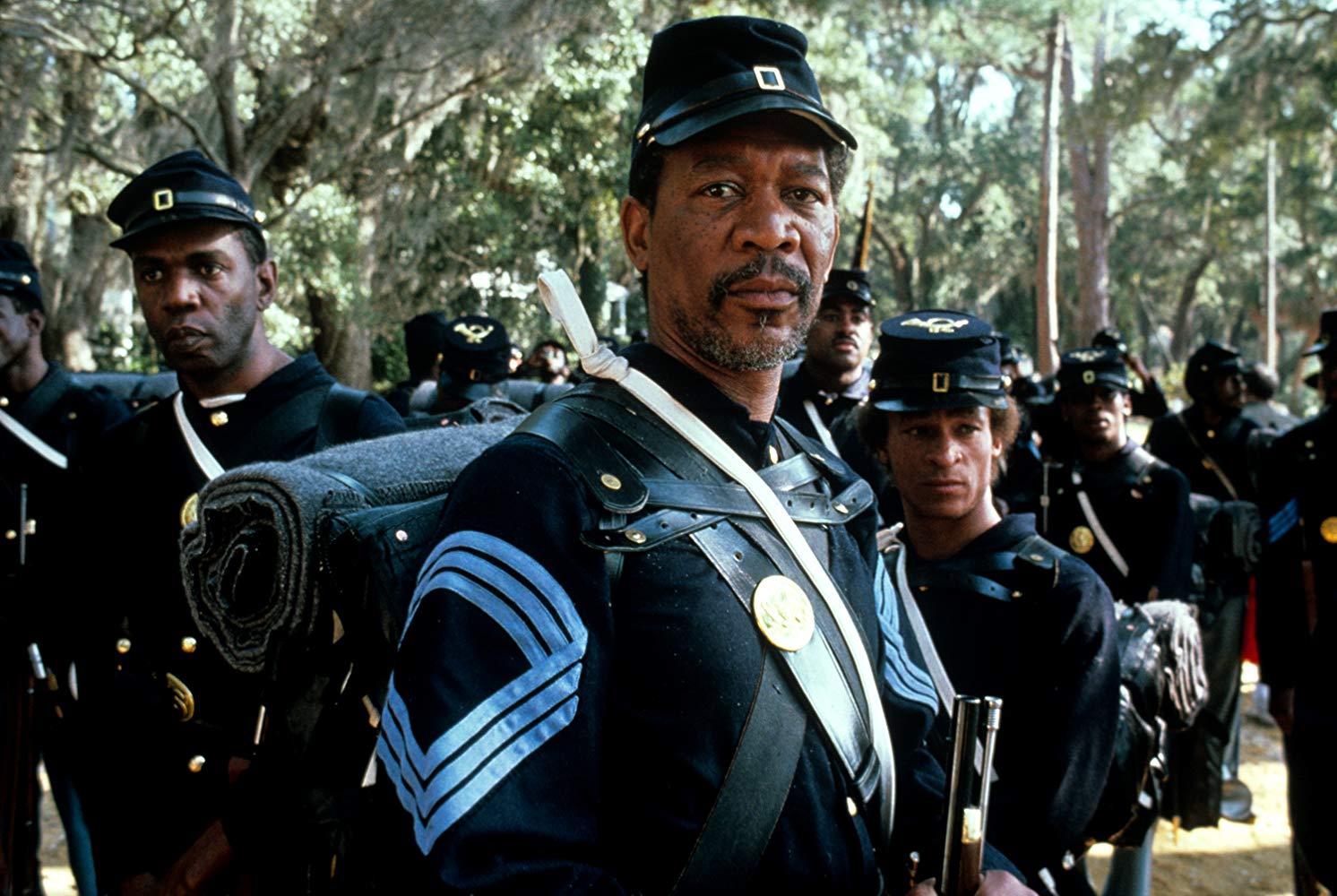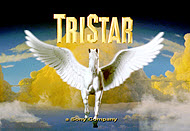Glory
Reviewed by: Brett Willis
STAFF WRITER
| Moral Rating: | Average |
| Moviemaking Quality: |
|
| Primary Audience: | Adults Young-Adults Teens |
| Genre: | War Biography History Drama |
| Length: | 2 hr. 2 min. |
| Year of Release: | 1989 |
| USA Release: |
December 15, 1989 (limited) February 16, 1990 (wide release) |
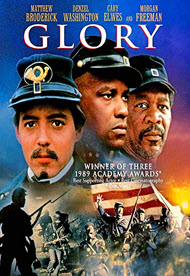

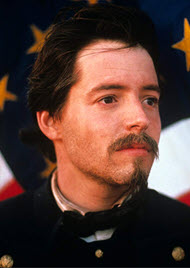
Courage in the face of all kinds of adversity
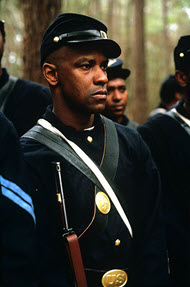
The American Civil War
Life in 19th century America
Slavery
Does the Bible condone slavery? Answer
Slaves mentioned in the Bible
FOUNDING FATHERS AND SLAVERY—Were all of America’s Founding Fathers racists, pro-slavery, and hypocrites? Answer
African Americans in the war
War heroes
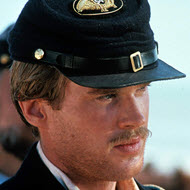
RACISM—What are the consequences of racial prejudice and false beliefs about the origin of races? Answer
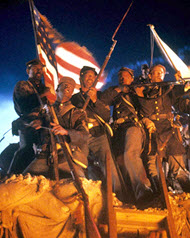
What is the Biblical perspective on war? Answer
War in the Bible
Armies in the Bible
The inspiration for this film came from 2 books: (1) One Gallant Rush: Robert Gould Shaw and His Brave Black Regiment by Peter Burchard (1989), and (2) Lay This Laurel (1973), a photographic tribute to the Civil War sculpture of Augustus Saint-Gaudens with text by Lincoln Kirstein
Characters in this film that are based on real historical people are Robert Gould Shaw, Francis George Shaw, Sarah Blake Sturgis Shaw, Ellen Shaw, John Albion Andrew, Charles Garrison Harker, George Crockett Strong, Charlotte Forten Grimké, James Montgomery and Frederick Douglas. The other characters are primarily composites.
| Featuring |
|---|
|
Matthew Broderick … Col. Robert Gould Shaw Denzel Washington … Pvt. Trip Cary Elwes … Maj. Cabot Forbes Morgan Freeman … Sgt. Maj. John Rawlins Jihmi Kennedy … Pvt. Jupiter Sharts Andre Braugher … Cpl. Thomas Searles John Finn … Sgt. Maj. Mulcahy Donovan Leitch Jr. (Donovan Leitch) … Capt. Charles Fessenden Morse JD Cullum (John David Cullum) … Henry Sturgis Russell Alan North … Gov. John Albion Andrew Bob Gunton … Gen. Charles Garrison Harker Cliff De Young (Cliff DeYoung) … Col. James M. Montgomery See all » |
| Director |
|
Edward Zwick |
| Producer |
|
TriStar Pictures Freddie Fields Productions See all » |
| Distributor |
This is the story of Col. Robert G. Shaw (Matthew Broderick) and the 54th Massachusetts Colored Infantry, one of the first black regiments to see action in the Civil War.
The film opens on the battle of Antietam Creek (Sharpsburg), in which Captain Shaw is slightly wounded. He’s brought back to consciousness by John Rawlins (Morgan Freeman), a black gravedigger.
Recovering at home, he’s offered a promotion to Colonel and the command of the proposed new 54th Infantry. The majority of the film follows the unit in training. The regiment is presented in microcosm/cross-section by focusing on a tent containing Rawlins, a wise older man who is eventually promoted to Sergeant Major; Thomas Searles, a free-born Northerner (Andre Braugher); Trip, a runaway slave full of street smarts and hatred (Denzel Washington, in an Oscar-winning performance); and Jupiter Sharts, an insecure stutterer (Jihmi Kennedy). The four actors stay convincingly in character, and their interchanges are one of the most interesting elements in this story.
The film ends with the 54th assaulting Battery Wagner, near Charleston.
The profanity is mild for an R-rating. However, there’s one instance of f*, used by Sergeant Major Mulcahy (John Finn), a drill instructor (Col. Shaw has picked Mulcahy specifically because “the Irish dislike the Colored” and therefore he’ll run the toughest possible drills and will best prepare the men for combat).
There’s no sexual content.
The R-rating is primarily for the battlefield scenes, which are quite gory; the combat footage belonged in the “most realistic” class until the release of “Saving Private Ryan” created a new class. While the 54th is in training, they receive word that the Confederate government has decreed death for any blacks captured in Federal uniform and for white officers commanding blacks. We see further examples of racism in the behavior of some U.S. troops and officers, and in the Federal government’s policies of using only white officers and of paying black troops only $10 per month as opposed to $13 per month for white privates. Also, some officials want to restrict black troops to non-combat duty.
By the time the 54th is finally allowed to fight, they’re more than ready. This film ranks very high as an example of courage in the face of all kinds of adversity.


